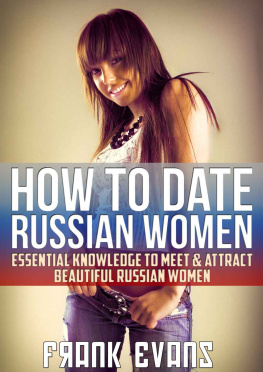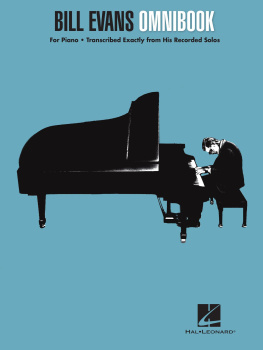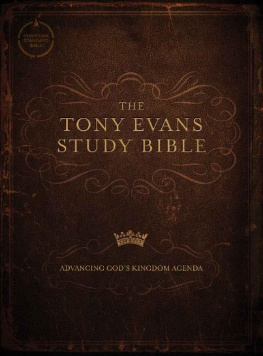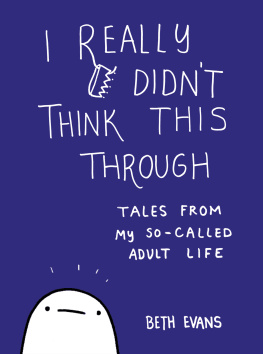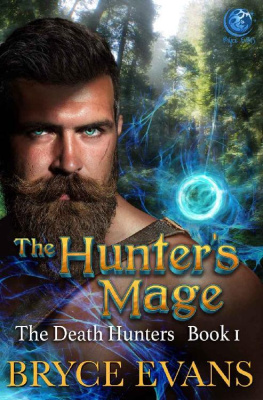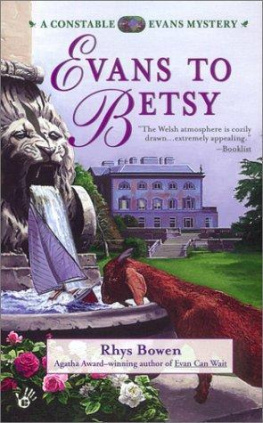
For my sons
Matthew for whom there was
never a negative moment
and James who was never
quite so sure.
INTRODUCTION
The crowd roared as the bull raced into the ring. It looked magnificent and fierce. The best and wildest bulls run right into the middle of the arena its not a good sign when they run round the boards. It charged into the centre, and the crowd went up. They were on their feet cheering, clapping and roaring their approval, they knew they were going to be in for a good fight. This bull was a charger. It was going to put on a good display. My stomach was turning somersaults, and my mouth was dry. I could hardly move, but through the nerves, the raw emotion and the adrenalin that coursed through my body I managed to start towards this fiercest of beasts. A hand held me back: Not yet, Frank. Wait.
I was watching it all the time. In fact, I couldnt stop staring at it. I could hear the words of my bullfighting trainer Garrigos ringing in my ear: Never take your eyes off a bull, he would say to me, Even if its dead you must always be on guard, because even a dead bull can still have you, and it can still take you out. Until the bull is a piece of meat dont trust it; never let it out of your sight.
This was a talk he gave to every young bullfighter on his debut, and I was no exception. He sat me down on the field where I trained in Valencia, looked me in the eye and said, In the worlds greatest arenas bulls have exacted revenge on their killers even after they have drawn their last breath and are lying dead in the sand. Bulls are dangerous; they are unpredictable and they will get you.
I listened intently as he added, In Valencia a matador with a reputation for being unlucky stepped into the bullring to fight a bull, a 600-pound powerhouse of aggression and fury that would have fought its own shadow to a standstill. The fight was a triumph, and the matador dispatched this monster to huge acclaim. Then he took his eye off it. He took his eye off the dead bull, a big mistake. Never take your eyes off a bull. The horses came out to drag the animal from the ring on a sling attached to a piece of rope. As the horses pulled the rope the sling with the dead bull on it swung round, and the bulls horns smashed into the matadors leg, severing a main artery. He had taken his eye off the bull and paid the ultimate price.
I kept my eyes on the bull and waited for what seemed like an eternity, but was actually only a couple of minutes.
Right, Frank, go now. Go and fight the bull. It is ready for you.
The voice spoke, but I couldnt feel my legs as I strode across the ring. The crowd fell into a hush. This was the highlight of their day; a young bullfighter making his debut in the bullring. But it was madness! Madness because Id never fought any live beast before. Normally bullfighters making their debut get to fight dozens of cows before entering the ring. Id fought none, and people close to me, including my manager, were expecting a massacre. It was suicidal for me to step into a bullring with so little experience.
As I strode towards the bull I caught its scent. It was the musky, sweet smell of sweat that all bulls give off, but it was a completely new sensation to my nostrils. We were close to each other now. I held out the cape in my ever-so-slightly trembling hands. The bull turned its head. Its eyes, as black as the night, looked at me, then they focused on the cape. It began to move, almost in slow motion; it moved towards the cape. Then, head down, displaying its horns as sharp as knitting needles, it charged.
This was it: the moment had arrived. I was a bullfighter.
Chapter One
SALFORD LAD
Mam, Ive made my mind up; Im going to be a matador!
No youre not, she said. Stop being so stupid.
I am, Mam. Im going to fight bulls, I replied, totally serious.
This is Salford, not Spain.
But that is what I want to do. I want to be a bullfighter.
She didnt take much notice, and why should she have? Its not as though Salford in the early 1960s had any bullrings. Neither did Britain come to that. But I was determined to live a dream that had grabbed hold of me and had now become an obsession. The long road to becoming a matador de toros had begun, and I was about to take the first tentative steps on a journey that would take me around the world.
Little events had come together to get me to this momentous decision: Dad being stationed in Gibraltar during the Second World War and seeing bullfights was one; a Spanish family coming to live on our street was another; there was a wedding in Spain; a holiday to Ibiza; and in every one the fighting of bulls was a prominent feature.
Of equal importance was being born in and living in Salford, which seems a bit odd, because the city isnt really a hotbed for matadors. I came into the world in 1942, and the one thing you did when you lived in Salford during the 1940s, 50s and 60s was dream of escaping it. The city was a major factory town and inland port during the eighteenth and nineteenth centuries. Cotton and silk spinning provided it with a strong economy. But by the time I arrived Salford was in decline and rapidly degenerating into one of the most socially deprived and violent areas in England.
My dad, Ralph Evans, was born in 1916, and two years later his dad was killed in France during the First World War. Dad was left with his mam and two sisters. His mam died of TB when he was seven, and he was moved to a family where there were already eight kids who lived in slum housing at Lower Broughton, near Manchester. He knew he had to do something to get out of the mess he was in because they had nothing. So he got a job aged six delivering papers. He also started smoking! When he was eleven he managed to pass his eleven-plus and get a place at De La Salle Grammar School, but he wasnt allowed to go, because his new family couldnt afford to buy him the books he needed to take with him. It was tragic, really. Getting married early to Mam was his way of escaping. She wanted to escape too. Her family had no money because her dad was a drunk who spent all the dosh on booze, so she was desperate to get out.
My mam, Agnes, was two years older than Dad. She lived in Rosa Street, which was in the middle of Hankinson Park in Salford, a real tough working-class district. This was where they filmed A Taste of Honey and other kitchen-sink movies of that era. It was slum housing built for people who worked in the factories that surrounded it. It was packed with greengrocers, bakers, butchers, ironmongers, off-licences and other shops of every description, because it was in the era before supermarkets, and on every street corner there was a pub.
The pub was the social hub of the area. Everybody congregated in there because beer was only a penny a pint. It was the one place people could escape to. There was no such thing as holidays in those days because nobody had anywhere to go to, or if they did, they didnt have the means to get there. It was a completely different world my mam grew up in to the one of today. The people were poor, but they were always decent in appearance and always made sure, however little money they had, that they wore clean clothes. But they were trapped in their social situation. The set-up at government level meant it was virtually impossible to borrow money. Those who had things left to them had a chance of upward social mobility, but if nobody left you anything you were basically stuck. And this situation went on right into the 1960s. So for my dad to get out of that and set up his own business really was quite remarkable.
Mam met Dad at a dance. When they got married she did all sorts of menial jobs, such as working in a laundrette, before becoming a bus conductress. She worked to put food on the table and clothes on our backs and was the steadying influence in our family. Dad was a bit on the wild side. He was more tempestuous and prepared to take risks.
Next page

